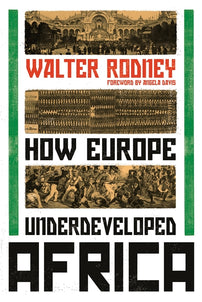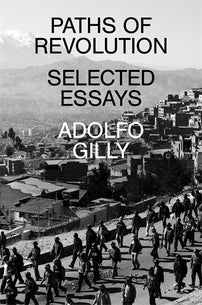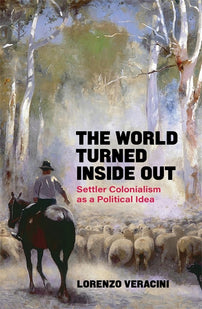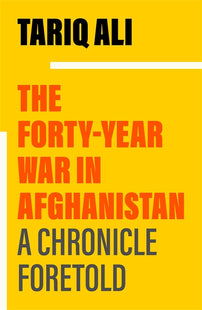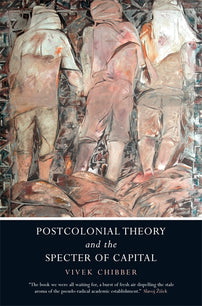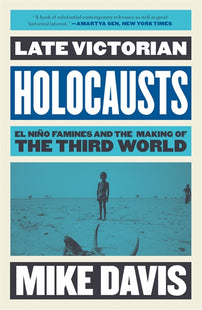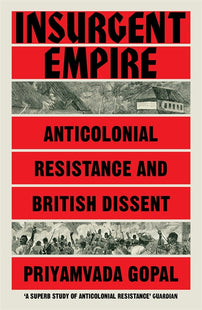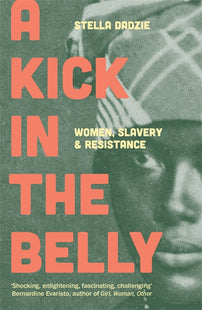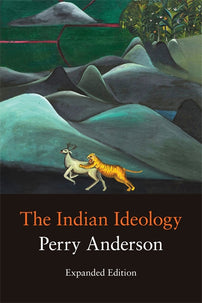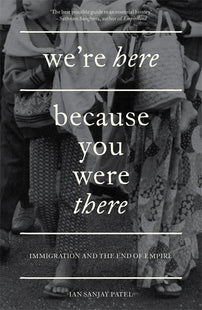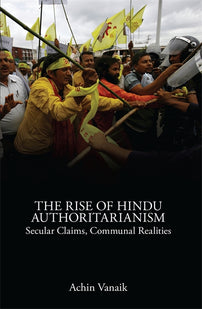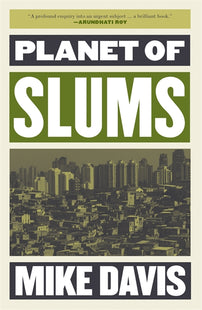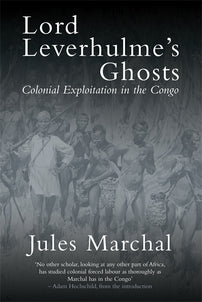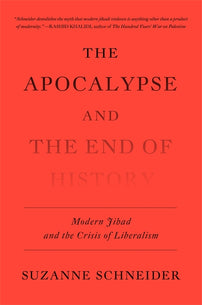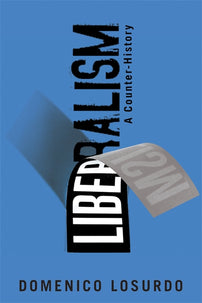Histories of Global Underdevelopment
A reading list of history and theory that illuminates the effects of underdevelopment across the globe.

Walter Rodney’s How Europe Underdeveloped Africa is a major work of underdevelopment theory, but it is also a key text in understanding global politics generally. Rodney's work shows that colonialism was not simply a phase of exploitation banished to the past. Rather, the legacy of colonialism is a major cause of the developmental gap between the global north and south. This legacy is therefore central to understanding the entire history of global politics. The readings below analyze the history, theory, and effects of underdevelopment beyond Africa to the entire post-colonial world, outlining the various ways advanced countries halted or fundamentally altered paths of development in the Middle East, Asia, Latin America, India, and beyond, leading to many of the conflicts that continue to hinder the developing world today.
Until January 2, 2023 at 11:59PM EST, we have 40% off ALL books (see full details here)!
See our Gift Guide and all our reading lists, including The Year in 10 Books, Radicalize Your Niblings, Radical Happiness, Tis the Season to Abolish the Family, Understanding the Cost of Living Crisis, Christianity and Anticapitalism.
An exemplary work of political, economic, and historical analysis, powerfully introduced by Angela Davis.
[book-strip index="2" style="buy"]The Argentine-born writer Adolfo Gilly has directly observed many of Latin America’s most dramatic events, from the Bolivian Revolution of the 1950s and Cuba during the Missile Crisis to the guerrilla wars of Central America and Mexico’s Zapatista uprising. Paths of Revolution presents the first representative selection from across his extensive body of work, collecting close-quarters reportage, sharp political analyses and reflections on art and letters.
[book-strip index="3" style="buy"]Building on a growing body of transnational and interdisciplinary research on the political imaginaries of settler colonialism as a specific mode of domination, this book uncovers and subjects to critique an autonomous, influential, and coherent political tradition—a tradition still relevant today.
[book-strip index="4" style="buy"]The occupation of Afghanistan is over, and a balance sheet can be drawn. These essays on war and peace in the region reveal Tariq Ali at his sharpest and most prescient.
[book-strip index="5" style="buy"]Vivek Chibber offers the most comprehensive response yet to postcolonial theory. Focusing on the hugely popular Subaltern Studies project, Chibber shows that its foundational arguments are based on a series of analytical and historical misapprehensions.
[book-strip index="6" style="buy"]A magisterial melding of global ecological and political history, disclosing the nineteenth-century roots of underdevelopment in what became the Third World.
[book-strip index="7" style="buy"]“An approachable yet erudite reconsideration of Brazilian politics between 1994 and Bolsonaro’s first year in office … The prose is light, delightfully romping through the twists and turns of Brazilian political life and skewering everyone along the way.” – Matthew M. Taylor, Latin American Research Review
[book-strip index="8" style="buy"]How rebellious colonies changed British attitudes to empire.
[book-strip index="9" style="buy"]“Stella Dadzie has given us another chapter in women's history by uncovering resistance that is uniquely rooted in controlling reproduction. This is a meticulously researched narrative that privileges the people who were so brutally treated that it was easy to assume they had no agency. We now know that such an assumption would be mistaken. This is an essential addition to the corpus of historical study into the nature, legacy and impacts of the period of African enslavement. It's finally a work that allows us to better understand and recognise how women disrupted the principal economic principles supporting the enslavement of generations of people.”
– Arike Oke, Director of The Black Cultural Archives
[book-strip index="10" style="buy"]The Indian Ideology caused uproar on first publication in 2012, not least for breaking with euphemisms for Delhi’s occupation of Kashmir. This new, expanded edition includes the author’s reply to his critics, an interview with the Indian weekly Outlook, and a postscript on India under the rule of Narendra Modi.
[book-strip index="11" style="buy"]The reactions of the British state to post-war immigration reflected the shift in world politics from empires to decolonization.
[book-strip index="12" style="buy"]The definitive analysis of Hindu nationalism in contemporary India and the challenges for the radical Left.
[book-strip index="13" style="buy"]The classic, brilliant, best-selling account of the rise of the world’s slums, where, according to the United Nations, one billion people now live.
[book-strip index="14" style="buy"]The definitive account of exploitation in the Congo, introduced by Adam Hochschild.
[book-strip index="15" style="buy"]How the political violence of modern jihad echoes the crises of western liberalism.
[book-strip index="16" style="buy"]In this definitive historical investigation, Italian author and philosopher Domenico Losurdo argues that from the outset liberalism, as a philosophical position and ideology, has been bound up with the most illiberal of policies: slavery, colonialism, genocide, racism and snobbery.
Further Reading
Tis the Season to Abolish the Family
Understanding the Cost of Living Crisis
Christianity and Anticapitalism
I Do Not Dream of Labour: books that imagine a different working world
We all live in a country called Capitalism
Imagining Radical Futures: utopian thinking for a different world
Abolition is the only solution: a reading list for breaking police power
10 Books Every Student Should Read
Histories of Global Underdevelopment
